(The Code was passed on 26 June 1970.)
Section XI. Crimes in the Sphere of Economic Activity
Chapter 27. Crimes in the Sphere of Economic Activity
Article 280. Bribery of Participants and Organizers of Professional Sports Competitions and Commercial Entertaining Competitions
Bribery of sportsmen, sports referees, coaches, leaders of teams, and other participants or organizers of professional sports competitions, as well as organizers and judges of commercial entertaining competitions with the purpose to influence the results of these competitions is correctional labor for a period of 6 months to 1 year or confinement for up to 4 months.
The same action, committed repeatedly, or by a group of individuals in a conspiracy or by an organized group; is punishable by up to 3 years’ of imprisonment with confiscation of property.
Illegal receiving material values or using services of property character by sportsmen, sports referees, leaders of teams and other participants or organizers of professional sports competitions, as well as organizers and judges of commercial entertaining competitions, made or delivered in order to influence the results of competitions is punishable by imprisonment for up to 3 years simultaneously with deprivation of the right to hold certain positions or to be engaged in certain activities for up to 5 years with confiscation of property.
Section XIII. Crimes against state power
Chapter 30. Crimes against State Power, Interests of Public Service
Article 319. Taking a Bribe
Taking a bribe (money, securities, other property or proprietary advantages) by an official personally or through his mediator in exchange for actions (omission) in favor of a person who offers a bribe, if such actions are within the authorities of the official, or he can take such actions (omission) due to his official position, as well as in exchange for general patronage are punishable by up to 5 years of imprisonment simultaneously with up to 3 years of deprivation of the right to hold certain positions or to be engaged in certain activities or without it.
Taking a bribe by an official in exchange for illegal actions (omission) is punishable by imprisonment for a period of up to 5 years simultaneously with up to 3 years of deprivation of the right to hold certain positions or to be engaged in certain activities or without it.
The actions, specified in paragraphs 1 or 2 of the present Article, committed by an individual who occupies an official position of the Republic of Tajikistan, or by a head of local self-administration are punishable by imprisonment for a period of 5 to 10 years simultaneously with up to 5 years of deprivation of the right to hold certain positions or to be engaged in certain activities or without it.
The actions specified in paragraphs 1, 2, or 3 of the present Article, if they committed:
repeatedly; by a group of individuals in a conspiracy, or by an organized group; along with extortion of a bribe; in a large amount, are punishable by imprisonment for a period of 7 to 12 years simultaneously with confiscation of property, with deprivation of the right to hold certain positions or be engaged in certain activities for up to 5 years.
Note:
In articles 319, 324 and 325 large amount of a bribe means a sum of money, cost of securities, other property or proprietary advantages, which exceed 1000 times the minimum monthly wage.
Article 320. Bribery
Giving a bribe to an official personally or through a mediator is punishable by imprisonment for a period of 5 to 10 years with confiscation of property.
Giving a bribe to an official in exchange for committing knowingly illegal actions (omission) by him, or repeatedly is punishable by imprisonment for a period of 10 to 15 years with confiscation of property.
Note:
A person who gave a bribe would be released from criminal liability, if there was an extortion of a bribe by an official, and if the person voluntarily informed the organ which is entitled to institute criminal proceedings.
Article 321. Provocation of Bribery
An attempt to give money, securities, and other property to an official or an attempt to render services of proprietary character with the goal of creating artificial evidences of taking a bribe is punishable by imprisonment for a period of 5 to 10 years with confiscation of property.
Article 325. Bribery of an Employee
Bribery of an employee, i.e. knowingly illegal giving material reward or proprietary advantage to the employee of an enterprise who is not an official of the state body for committing unlawful actions in the interests of a person who gives a bribe, – is punishable by a fine in the amount of 500 to 800 times the minimum monthly wage or correctional labor for up to 2 years.
The same action, if committed:
Repeatedly;
In large amount;
In the interests of an organized group, – is punishable by imprisonment for up to 3 years.
Chapter 31. Crimes against Order of Administration
Article 362. Unlawful Actions in Relation to Property Subject to Inventory, Attachment or Confiscation
Embezzlement, alienation or concealment of property under execution committed by a person, whom the property was entrusted to, as well as implementing bank operations with money (deposits) subject to attachment by an employee of a credit organization, – is punishable by a fine in the amount of 500 to 1000 times the minimum monthly wage or confinement for a period of 3 to 6 months, or imprisonment for up to 2 years.
Concealment or misappropriation of property subject to confiscation according to the judgment of the court, as well as avoidance of the execution of the judgment about imposition of confiscation of property which came into legal force,- is punishable by a fine in the amount of 1000 to 2000 times the minimum monthly wage or imprisonment for up to 3 years.
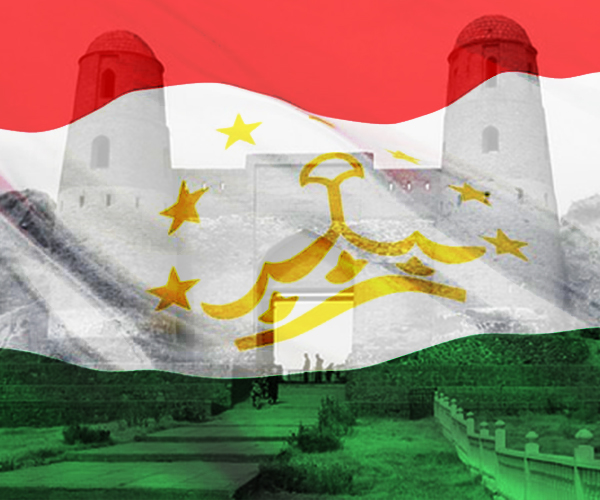


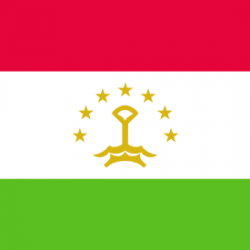
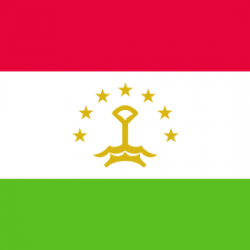
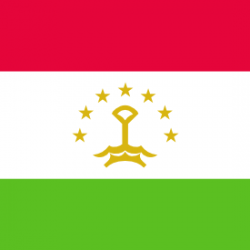
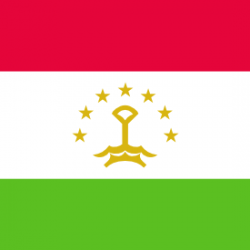
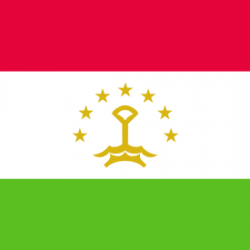
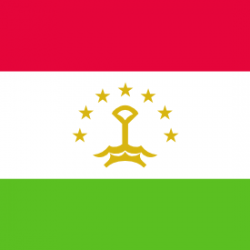
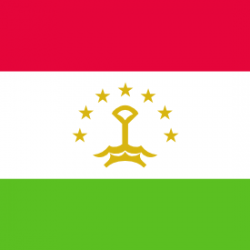
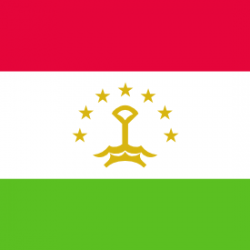
 We will not leak your personal information
We will not leak your personal information